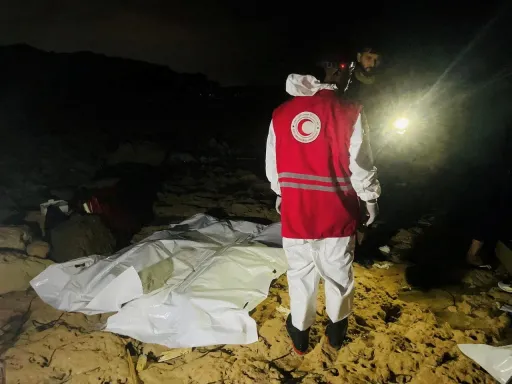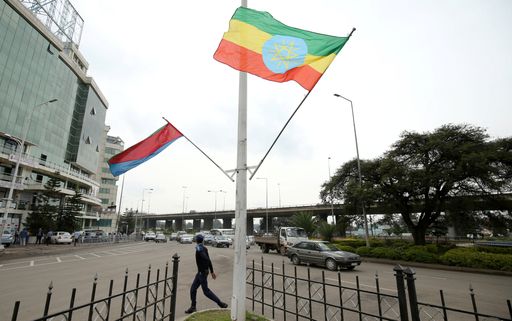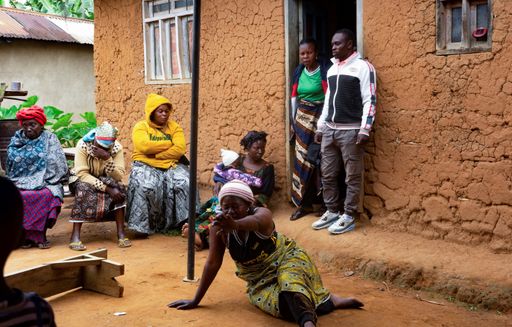Sport
Uganda is on the verge of hosting 2 million refugees amid emergency funding cuts and escalating crises in the region, the UN has warned.
Uganda is on the verge of hosting 2 million refugees amid emergency funding cuts and escalating crises in the region, the UN refugee agency (UNHCR) warned on Monday.
In a statement, the East African country is facing a refugee surge that is expected to reach nearly 2 million by the end of the year due to the escalating crises in Sudan, South Sudan, and the Democratic Republic of the Congo (DRC).
"Since the start of 2025, an average of 600 people per day have arrived in the country, with numbers expected to reach two million by year’s end," said the statement.
Recalling that Uganda is already Africa’s largest refugee-hosting country and the third-largest globally, it is now home to 1.93 million refugees, over a million of whom are below the age of 18.
'Worst funding crisis'
"Yet, the humanitarian response currently faces one of the worst funding crises in decades."
Dominique Hyde, the director for External Relations at UNHCR, said that emergency funding in the country runs out in September, and families will be left without shelter or protection unless the world steps up.
"Uganda has opened its doors, its schools, and its health centres. This model can succeed, but it can’t do it alone," said Hyde.
The UN agency noted that the cost of addressing the needs of one refugee in Uganda is estimated at approximately $16 per month this year, but unless the UNHCR receives more funding, they will only be able to deliver assistance of $5 a month per refugee.
Food, water, medicine supplies shrink
"As food, water and medicine supplies shrink, rates of malnutrition, especially in children under five, are rising at an alarming pace," added the agency.
Stressing that currently, Uganda's refugee response is only 2% funded, the UNHCR called for more urgent and sustained international support and solidarity, including from development actors, to ensure refugees and their local communities can live safe and more dignified lives.
Comments
No comments Yet




















Comment